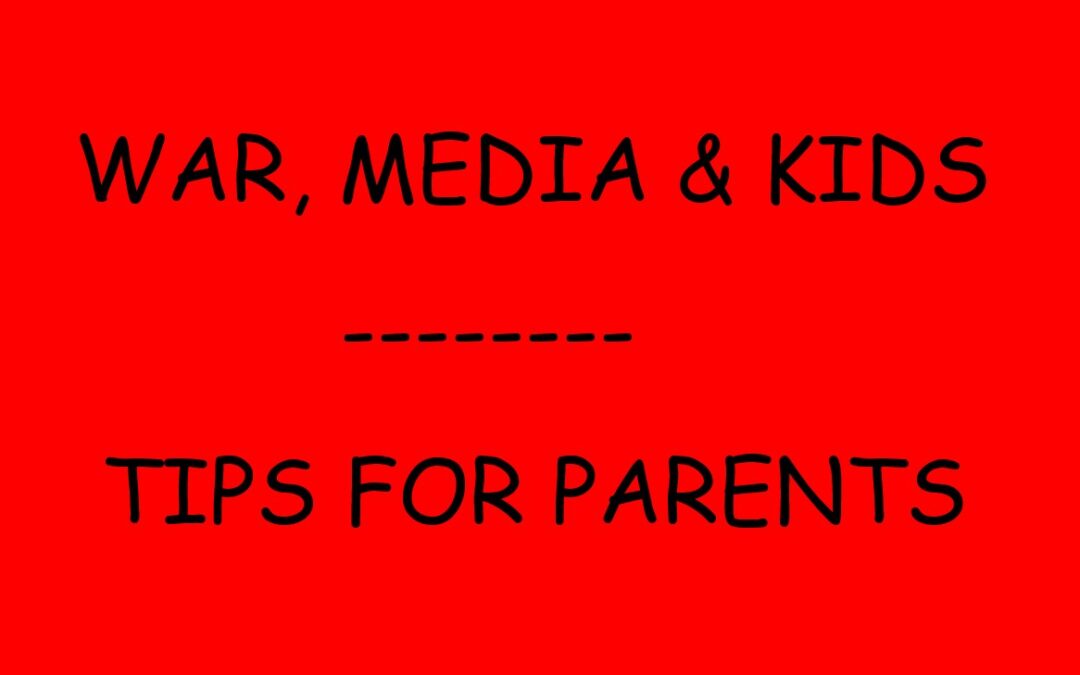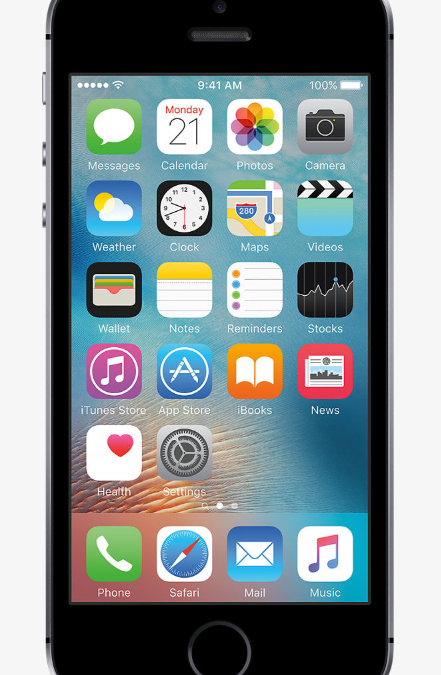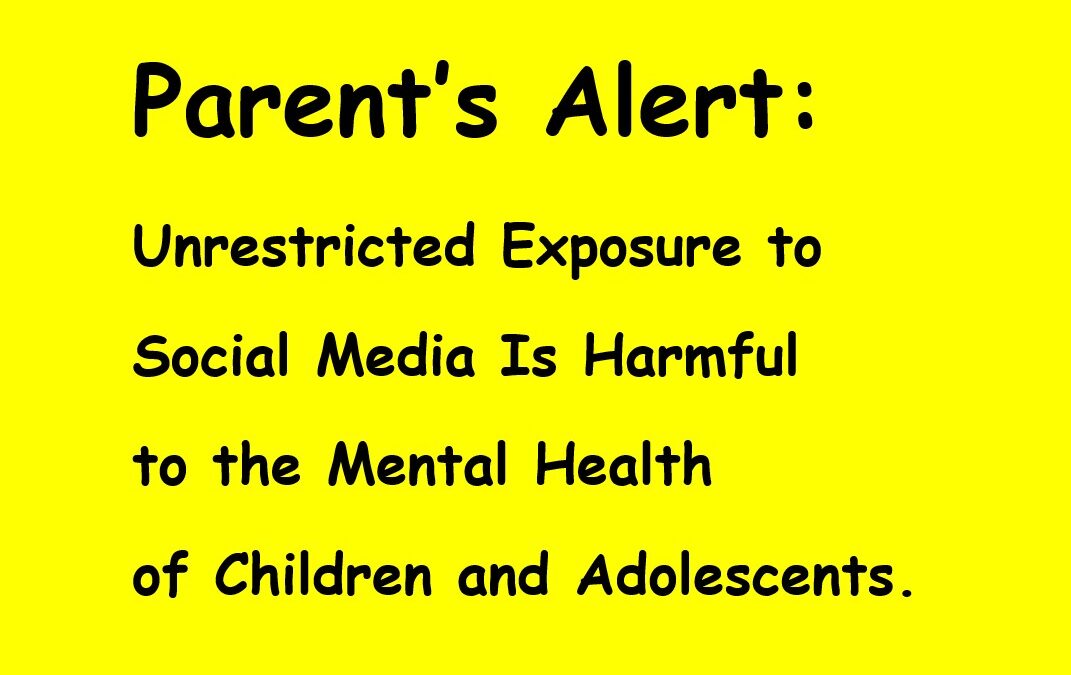
by Rev. Michael Heath | Oct 15, 2023
The Hamas attacks and Israel’s response have shocked the world. In response, the media has gone with wall-to-wall coverage of the bloody details.
Apart from the devastation itself, the accelerated ways that we receive information from the 24/7 media has created a collateral problem. Fifty years ago people learned about the Viet Nam war on the six o’clock news. Today, however, the omni-present media coverage has greatly intensified our experience of these horrifying events.
As a result, it’s well documented that the incessant flood of bad news has had a negative impact on our emotional health. For example , graphic descriptions of things like beheadings or setting innocent people on fire are simply too much . As a result, folks are reporting that they feel more anxious and depressed than usual.
Given how much kids use their phones, the effects on children can be even worse. Graphic stories and images available on smart phones make those far-away threats feel like they are right next door. Further, the problem is only going to get worse. It is clear that the war is just beginning and the news is not likely to get better in the foreseeable future.
In light of this reality, parents need to be on the lookout for tell-tale signs of trouble. Things like nightmares, out of character crying and other unexplained frightened behaviors could be warning signs to check out.
That said, many parents tell me that they are not sure how to react or what to say to their young ones for whom the war is upsetting. Here are some basic guidelines for helping children deal with disturbing news:
(These tips can not only help you to help your children concerning the war but they also can promote better, over-all communication in the family: How to Talk With Your Child About the Israel-Gaza War – HealthyChildren.org )

by Rev. Michael Heath | Sep 19, 2017
While smartphones offer great convenience they also can seriously bias our view of the world by limiting what we are exposed to on the web to our own likes. This formula restricts our choices and can narrow our vision. Here are three tips to protect you from manipulation.

by Rev. Michael Heath | Jun 19, 2024
Recently, you may have heard that the Surgeon General of the United States urged Congress to place a black box warning label on social media. We’ve all seen them before on various prescription bottles as well as on all tobacco products.
In this case, Surgeon General Vivek Murthy told Congress that the labels are needed because compelling evidence shows that children who watch more than 5 hours of social media a day are twice as likely to experience anxiety and depression compared to those who did not.
In addition, studies reveal that kids who are heavily involved in social media like Snapchat, Instagram, YouTube and TikTok develop poor body image and self-esteem. The constant exposure to perfect bodies and amazing accomplishments posted by their peers leads kids to experience a false sense of inferiority and inadequacy. Surgeon General Issues New Advisory About Effects Social Media Use Has on Youth Mental Health | HHS.gov
Many folks have been concerned about the long-term effects of smartphones and social media on child development for years., However, the conclusions of repeated studies regarding the impact of social media on a child’s mental health are clear. SMART PHONES AND TEENS | Pastoral Counseling Syracuse NY (revmichaelheath.com)
Admittedly, smartphones and social media have become integral parts of modern life. Thinking that children can be protected from any exposure is unrealistic. That said, there are basic steps that parents can take to reduce exposure and thus minimize this risk for their children. Here are some tips to consider for your family:
by Rev. Michael Heath | May 29, 2017
Blog & Video Archives Past Bridge Street Mental Health segment with accompanying text. Grieving’s 6th Step I’ve noticed that, as we start the new year in the midst of COVID, many folks are struggling with loss and grieving. For some, the loss involves...



